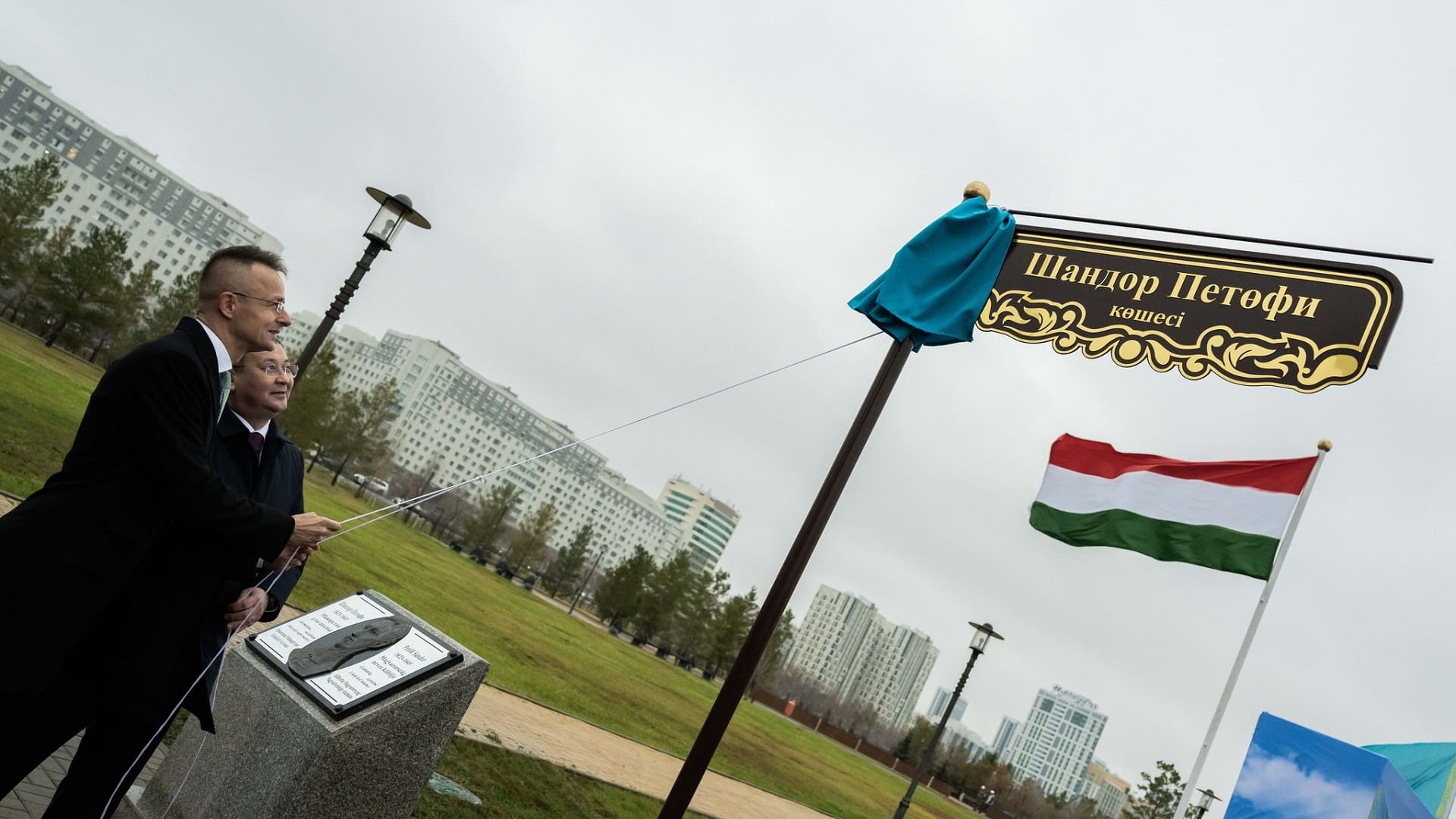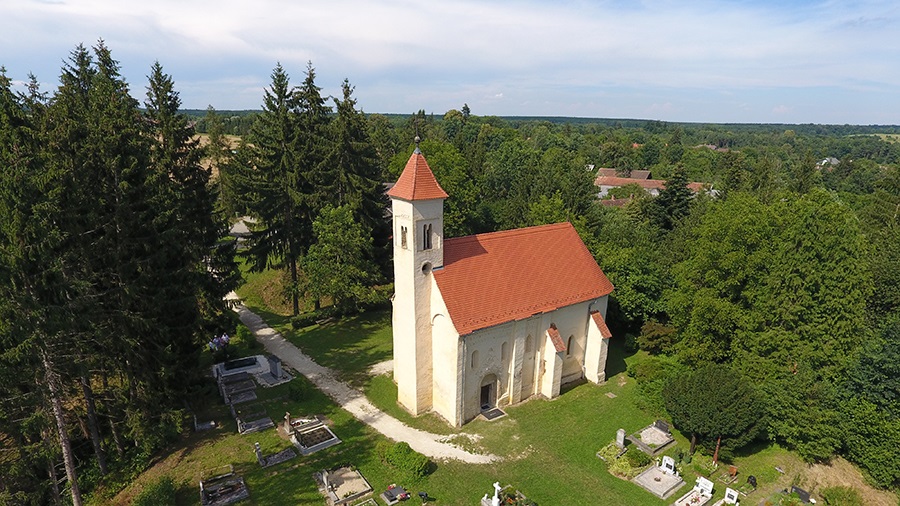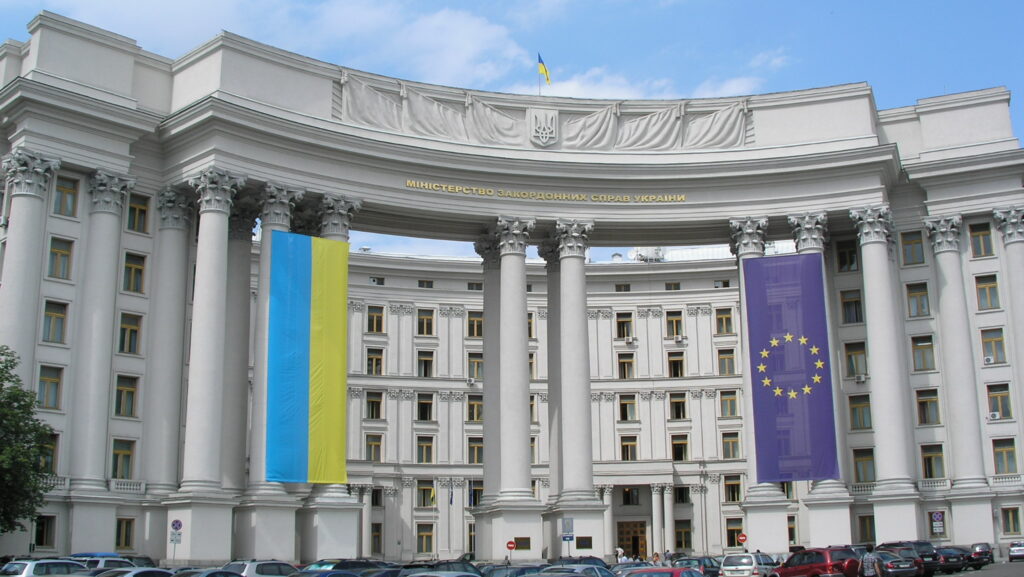While on his diplomatic trip to Astana, Kazakhstan to meet with the leaders of the Organization of Turkic States (OTS), Minister of Foreign Affairs and Trade Péter Szijjártó of Hungary also took part in the inaugural ceremony for Astana’s newly renamed Petőfi Street.
Sándor Petőfi Street is actually the most common street name in Hungary, with a total of 1,311 of them located in cities, towns, and villages across the country. Now, however, a public road in the Central Asian country of Kazakhstan will also bear the famous 19th-century Hungarian poet and revolutionary’s name. This year marks the bicentenary of the birth of Hungary’s national poet, best known for penning the ‘Nemzeti dal’ (National Song), a patriotic poem which inspired the Hungarian revolutionaries of 1848–1849 to rise up against the oppressive Habsburg Empire.
Kazakh Deputy Prime Minister and Foreign Minister Murat Nurtleu was also present at the festive unveiling of the new street name. He told journalists that this gesture will greatly strengthen the friendly relations and help foster cultural exchange between the two countries. Meanwhile, Minister Szijjártó said that this act is a profound sign of respect from the Kazakh people towards Hungary.
‘Sándor Petőfi was a genius known for his passion for freedom, and this sense of freedom is also inherent in you,’ he added, as quoted by The Astana Times' website.
President Kassym-Jomart Tokayev made the decision to rename one of Astana’s streets after the great Hungarian poet as a reciprocal gesture after a bust in honour of 19th-century Kazakh poet and composer Abai Qunanbaiuly was erected in Budapest’s City Park in June 2014.
Sándor Petőfi was also honoured with a commemorative plaque on the newly renamed Astana street.
He is not the first Hungarian historical figure after whom a public place has been names outside of Hungary. For example, there is a street named after Imre Madách, the 19th-century playwright best known for writing the existential drama The Tragedy of Man, in the American town of Ronkonkoma, New York. Also in the US, you can take a stroll in Bartok Court, named after the famed 20th-century composer and folk researcher Béla Bartók in Irvine, California. Or, if you happen to be on the island of Réunion, an overseas department of France near the East Coast of Africa, you can visit a street named after 20th-century Communist leader Béla Kun (Ruelle Béla Kun) in the commune of Le Port for some odd reason.
Read more:








